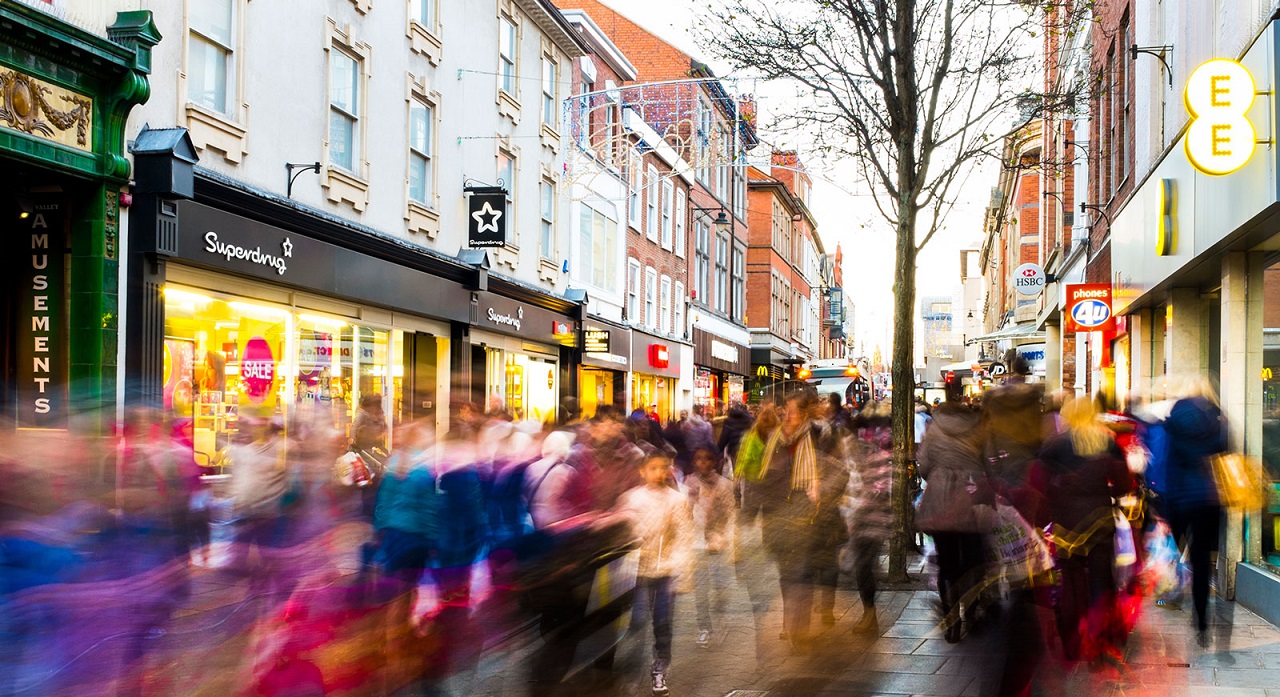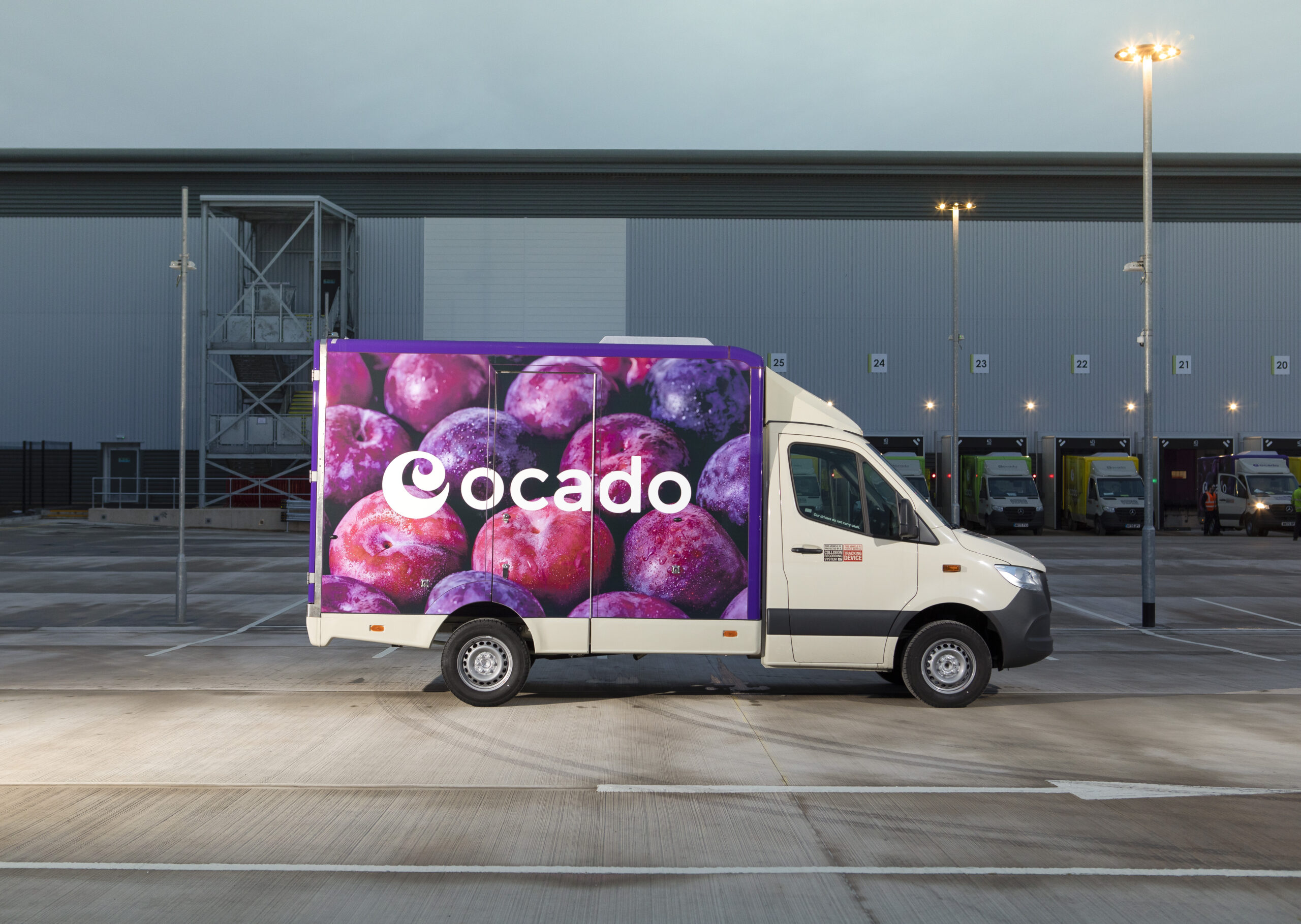The past 12-months have been both transformative and challenging for the retail market, with retailers experimenting with new technologies and strategies whilst grappling with an uncertain macro-economic environment, supply chain disruption, and a deepening cost-of-living crisis.
As predicted last year, in 2022 brands explored the metaverse, tested hybrid shopping spaces, and digital marketplaces continued to be a growing favourite for consumers. Retailers also enhanced customer experiences by merging the emotional connection of in-store with the convenience of online.
To mark the end of 2022, the editorial team at Retail Systems have rounded up a host of industry experts to tell us their top retail forecasts for the year ahead.
Connect to Consumer
Coined by Shopify, Connect to Consumer (C2C) is what the e-commerce giant describes as natural evolution of Direct to Consumer (DTC) commerce – a process whereby brands build long-term relationships and loyal communities, forming “genuine connections” with consumers across new channels and methods. C2C places authenticity, loyalty, and trust at the heart of consumer interactions to “create more meaningful relationships between brands and their customers”.
Shimona Mehta, EMEA managing director at Shopify says that next year retail is going to continue shifting towards this kind of model.
“This vital model for ambitious and nimble retailers not only surviving, but thriving, during the economic downturn involves using all pathways possible to reach their customers, both online and offline – from social and community commerce to web stores and the High Street,” explains Mehta. “Having an understanding of both Direct to Consumer (DTC) and C2C models as a way to build direct relationships with customers who now shop everywhere.”
She continues: “In fact, our study found 91 per cent of UK consumers are just as likely or more likely to shop in an online store than a year ago, 88 per cent are purchasing the same or more in-store, and 72 per cent are just as likely or more likely to discover new products to purchase through social media advertising than a year ago. It’s now more important than ever for brands to maintain their presence on every commerce stage.”
Artificial intelligence
With many retailers handling excess stock and consumers holding back on spending during the cost of living crisis, it’s no surprise that retailers will be looking at better ways to forecast demand in 2023.
“Artificial intelligence will be a crucial element of accurate demand forecasting for retailers in 2023 and into the future, and more and more retailers will begin to invest once they’ve implemented better tracking across the supply chain,” says Guy Elliot, executive vice president of retail at digital transformation consultancy, Publicis Sapient. “The sooner retailers invest in this technology, the better the algorithms will become for the future—and the more sustainable supply chains will become.”
Liam Patterson, chief executive and founder of marketing technology platform Bidnamic, which focusses on helping retailers unlock the potential of Google Shopping, agreed that AI will continue its journey towards mainstream retail next year.
“We’ve seen automation and AI slowly embraced, but as the recession and inflation continues, retailers will have to speed up their adoption of new processes to optimise campaigns in order to stay profitable and increase market share,” he explains. “The basic practices of online selling have reached a tipping point where AI and machine learning is automating not just simple repetitive tasks but complex decisions to drive efficiencies, efficiencies that human beings - even large teams of human beings - can't achieve manually.”
Sharon Einstein, general manager, CEA at customer experience software provider NICE says that AI-driven positive experiences will become preferred for customers next year as they “won’t tolerate an incompetent chatbot or waiting on hold for 30 minutes to speak to an agent.”
Buy now, save the planet later
With the cost-of-living crisis, rising energy prices, and inflation wreaking havoc on society, shopping habits are changing dramatically.
Market research company GWI predicts that the new consumer mentality will be “buy now, save the planet later”, with the challenging macro-economic environment putting sustainability at stake.
Jason Mander, chief research officer at GWI, says that it is likely that any sustainability setbacks will be blamed on the economy next year, but warns that the “issues run deeper”. According to data from GWI, in over 90 per cent of countries surveyed, interest in news, politics, social issues and current affairs has declined since 2020, by 13 per cent in the UK specifically.
“Consumers are struggling to find the headspace to both make ends meet and to live a more sustainable lifestyle,” says Mander. “Understanding consumers is more important than ever. We seem to be surrounded by crises right now, each of which have their own measurement of severity ie. GDP or global temperature.”
Augmented reality – in or out?
While in 2022 augmented reality gradually permeated the retail industry, the jury is still out on whether this will become a mainstream technology next year.
Ken Serdons, chief commercial officer of online payments company Mollie thinks that virtual and augmented reality-based shopping will lose momentum in 2023.
“Despite some early excitement, the cost-of-living crisis will slow VR adoption amongst consumers and all but the largest and well-funded retailers will slow down experimentation with mixed reality shopping experiences,” he says. “2023 will not be the year of VR/AR shopping.”
But Amanda Walls, founder and director of marketing agency Cedarwood Digital, thinks the opposite.
“Already, we can see many online stores allowing users to "virtually try on" certain items of clothing and accessories, but in 2023 I'd expect to see this taken to the next level with a vast range of improvements to make this an even better service,” says Walls. “For clothes this has traditionally been quite difficult, but across accessories in particular we have substantial improvements in this area over the last 12-24 months and we'd expect that to continue and expand within 2023 as business owners look to improve conversion optimisation and the user journey across their websites and also retain customers who may otherwise be shopping around.”
Customer retention and personalisation during the cost-of-living crisis
What’s been clear since inflation began to rise earlier this year is that consumer behaviour has changed dramatically over the past 12-months. The impact of the cost-of-living crisis will likely push retailers to pull out all the stops next year to retain struggling customers and engage new ones.
Darren Rushworth, president international at customer experience software provider NICE says that UK retailers are facing a “perfect storm” when it comes to customer experience.
“Economic uncertainty, rapidly changing digital customer behaviours, and slow digital transformation will result in high levels of churn as businesses fail to live up to consumer expectations,” warns Rushworth, adding that as customers look to spend more with fewer businesses, building loyalty through exceptional digital experiences must be front of mind.
Jon Knott, head of customer insight at card payments tech company Dojo, says that the business has witnessed a huge shift in consumer behaviour over the past year, with the vast majority of consumers becoming more cautious with spending their hard-earned money due to the current economic situation.
According to research from the tech business, 56 per cent consumers are now prioritising spending on experiences as opposed to material goods, while a further 71 per cent said the current financial climate has changed the way they feel about customer experience.
“This all shows us that the next battleground for businesses is to provide memorable experiences for their customers through a deeper knowledge of them - it’s what we call the Experience Economy,” says Knott. “In fact, our data shows that one in three Brits are seeking out a memorable experience regularly, and they’re willing to pay 28 per cent more to get it.
“As we move into the new year, we expect more consumers likely to be looking for more deeply personalised experiences and service to ensure they’re getting value from the money they spend on the High Street.”
Rakhee Jogia, managing director international at Rakuten Advertising, agrees that new technologies will drive greater personalisation next year.
“Retail customers want to see offers, promotions and links that are personalised to their shopping habits,” explains Jogia. “This demand for personalisation will only rise next year, as brands look to strike the right chord amidst the economic downturn.
“Alongside this, retailers are increasingly looking towards Buy-Now-Pay-Later providers, as these financial brands and institutions look to monetise through the affiliate channel. Brands can tap into the data shared through these channels in order to enhance their own personalised marketing output, driving impact and conversions.”
Heightened sustainability regulation
Even though some industry experts predict that the cost-of-living crisis will lead to sustainability setbacks, that doesn’t mean the regulators will ease their approach towards retailers.
Namrata Sandhu, chief executive and co-founder of automated carbon software business Vaayu says that next year regulators in the UK and internationally will continue to introduce legislation on the sustainability claims of businesses, particularly across the retail sector.
“As the dust settles on further pledges being made at COP27, it’s clear that investment in sustainability goals will not waver in 2023, even as retailers face operational pressures, such as soaring costs, global supply chain issues, inflation and a developing recession,” explains Sandhu. “The climate crisis isn’t going away; those who prioritise and invest in their sustainability efforts now, will benefit in the long-run, reputationally and financially heading into next year."
Latest News
-
Four people arrested for cyberattacks on M&S, Co-op and Harrods
-
Scotta boosts inventory capabilities with AI
-
EG Group appoints new group CFO
-
Lidl trials 'VAR-style' self-service checkouts to combat shoplifting
-
Ahold Delhaize appoints new CTO
-
Coop Norway rolls out 128 digital screens across its stores
Supermicro and NVIDIA’s AI Solution for Retailers
To find out more: click here
Poundland significantly reduces antisocial behaviour, aggression and shoplifting with Motorola Solutions VT100 body cameras
Retail should not be a high-risk occupation. As a company, we are focused on listening to our colleagues and customers to help them with the issues they are facing in-store and so far, the feedback on our body cameras has been excellent. They act as a great visual deterrent, help to de-escalate situations and overall, this project has significantly aided our goal to make the retail environment safer.
For further information on Motorola Solutions’ retail security products, including body cameras, click here.
For further information on Motorola Solutions’ retail security products, including body cameras, click here.
© 2024 Perspective Publishing Privacy & Cookies










Recent Stories